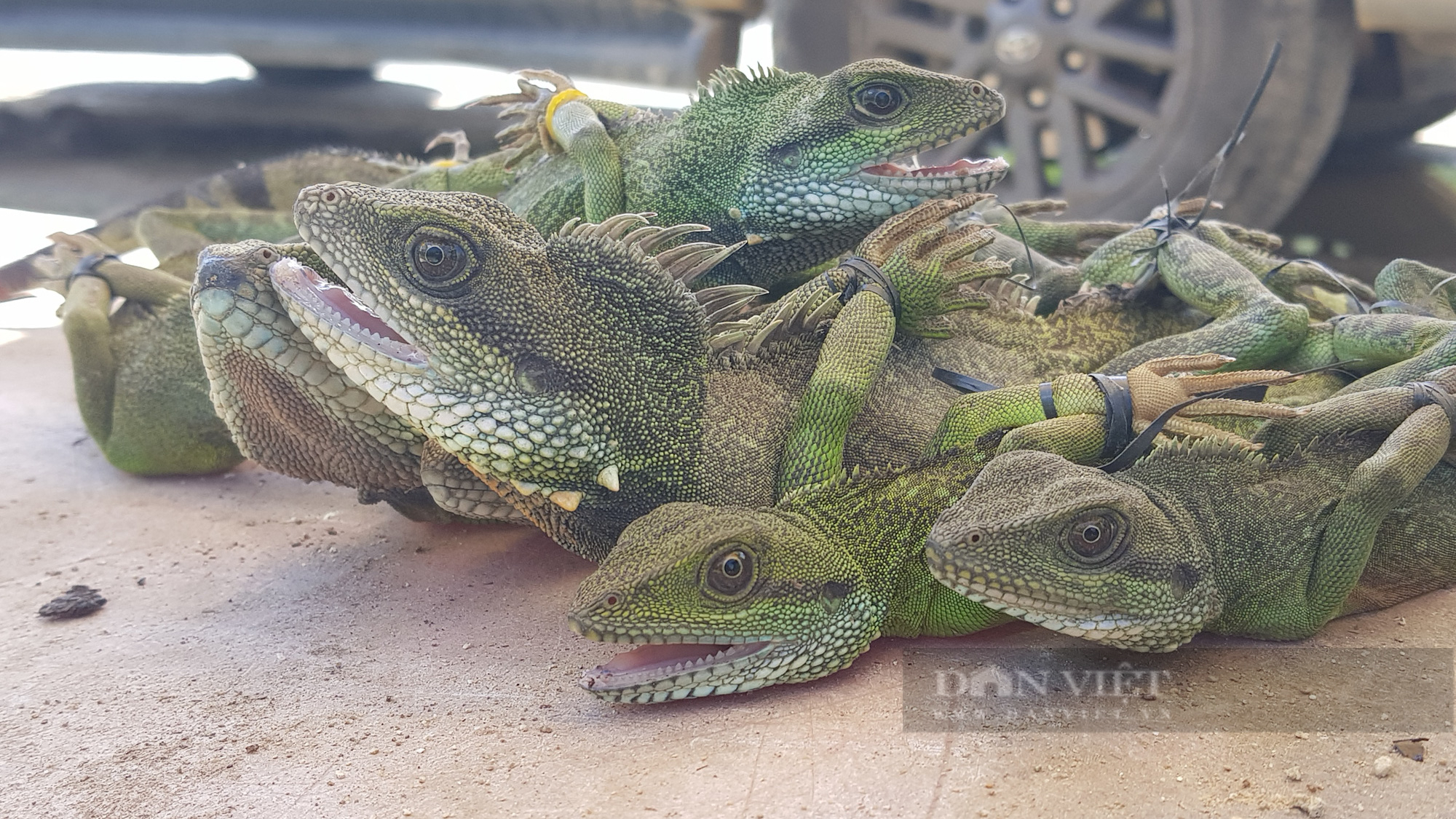
Immediately after Dan Viet Online Newspaper published a series of articles reflecting the situation of wildlife trade in real life and the “virtual world”, many local authorities have inspected and handled the violations.
A reputable legal expert emphasized: “There is a need for wildlife protection regulations.”
The fine imposed on the “female boss” was not compatible with her violations
Immediately after Dan Viet Electronic Newspaper published a series of articles exposing the widespread wildlife trade in both real life and the “virtual world”, the Forest Rangers have quickly received the information and dispatched forces to inspect and handle the violations.
Specifically, on March 3, Mr. Bui Quang Duan, Captain of the Mobile Ranger Team (Quang Tri Provincial Forest Protection Department) informed Dan Viet Reporter: “After inspection, we have handled the violations of Ms. Nguyen Thi L, owner of a grocery store in Luong Le village, Tan Hop commune, Huong Hoa district, Quang Tri province.”
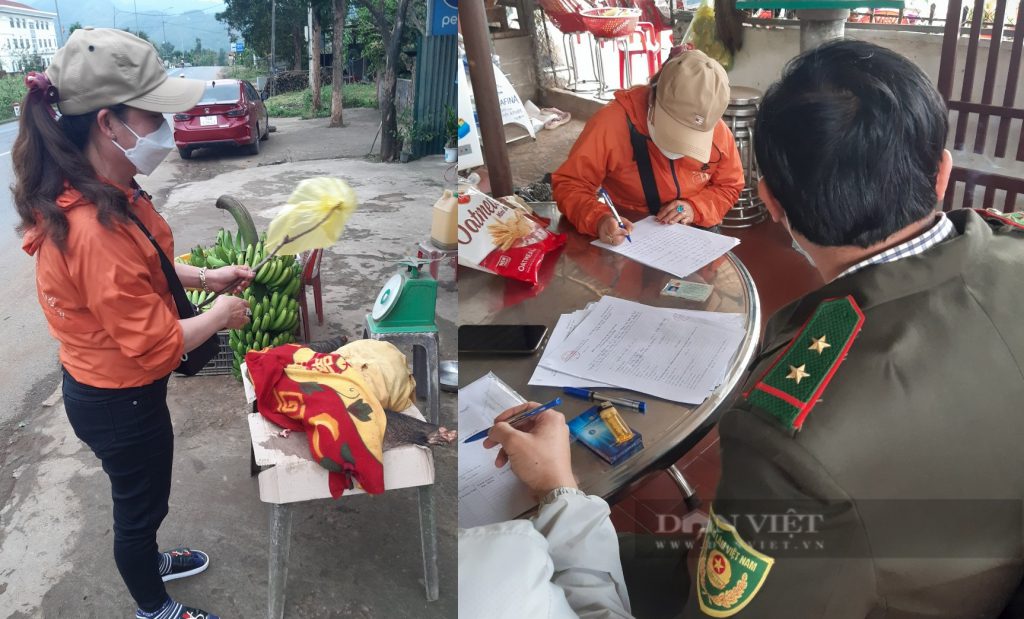
Mr. Duan said: “The Provincial Forest Protection Department has directed the mobile Ranger Team to quickly inspect the house and large freezer of Ms. Nguyen Thi L. Checking around the house, we discovered a large quantity of stale pork meat but did not see any signs of captive forest animals.”
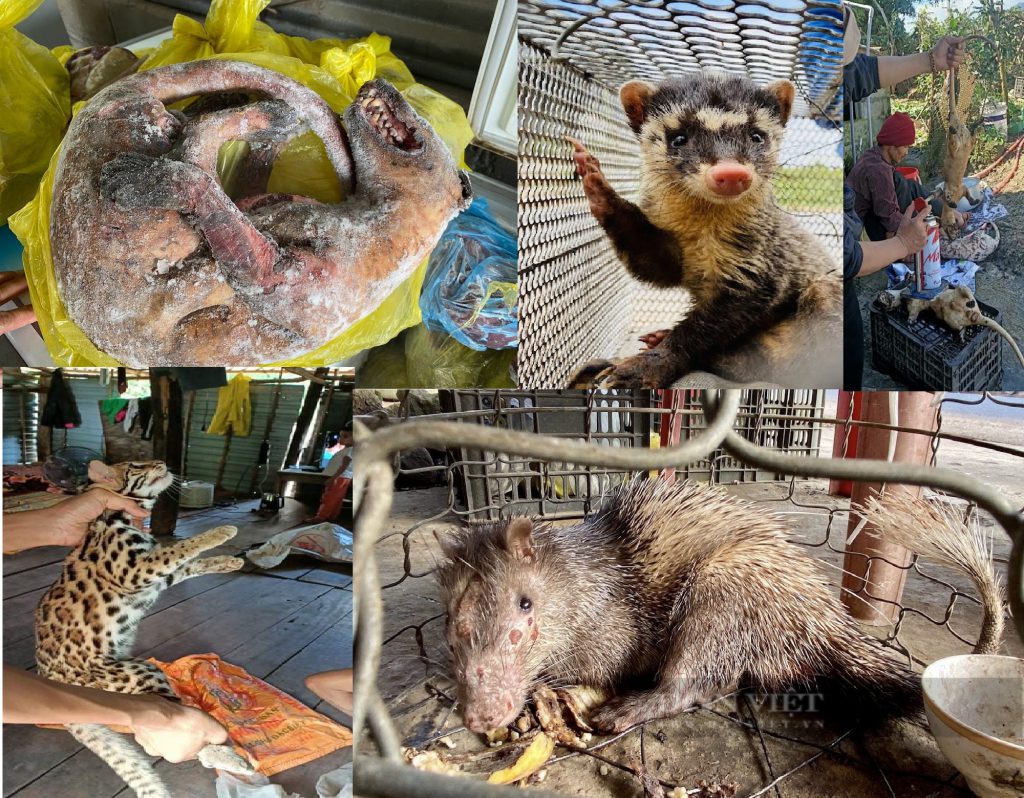
“In addition, upon discovering that Mrs. L had placed a billboard advertising the trade of wild animals, the Mobile Ranger Team has coordinated with the local government to sanction administrative violations against the act of advertising and trading wild animals, imposing a fine of 1,250,000 VND (one million two hundred and fifty thousand dong) and confiscating the billboard,” said Mr. Duan.
“We will continue to monitor and handle the situation if we find out any violations coming from Ms. Nguyen Thi L” – Captain of the Mobile Ranger Team, Quang Tri Provincial Forest Protection Department, confirmed.
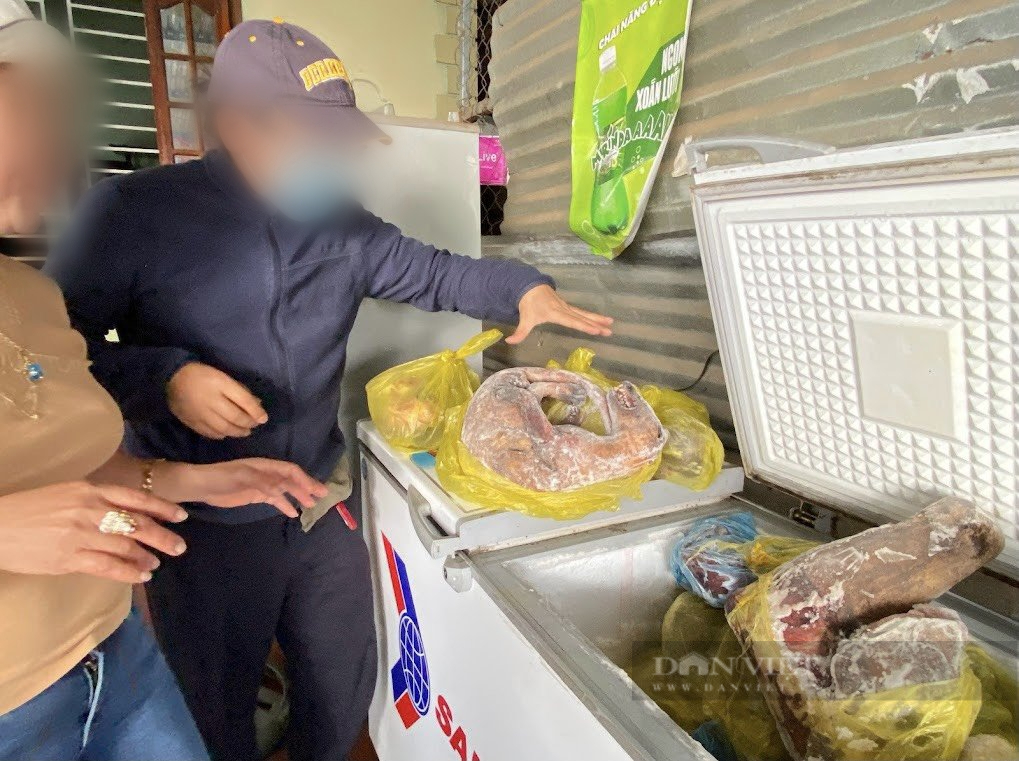
Before that, as Dan Viet has investigated and reported, a “notorious” social network account in Khe Sanh, Lao Bao (Quang Tri) has been active for nearly ten years. “Located” near the headquarters of a Customs unit, along the strategic road to Lao Bao International Border Gate, Ms. Nguyen Thi L specialized in trading wild animals such as deer, deer, bears, porcupines. Civet or weasel alone has nearly a dozen types. Fresh, dried chamois filled up a large freezer.
Whether it was the whole animal, frozen meat, live or dead meat, it was always available. The videos clearly verified this. Unfortunately, the results of inspection and sanction were not compatible with the severity of the crimes.
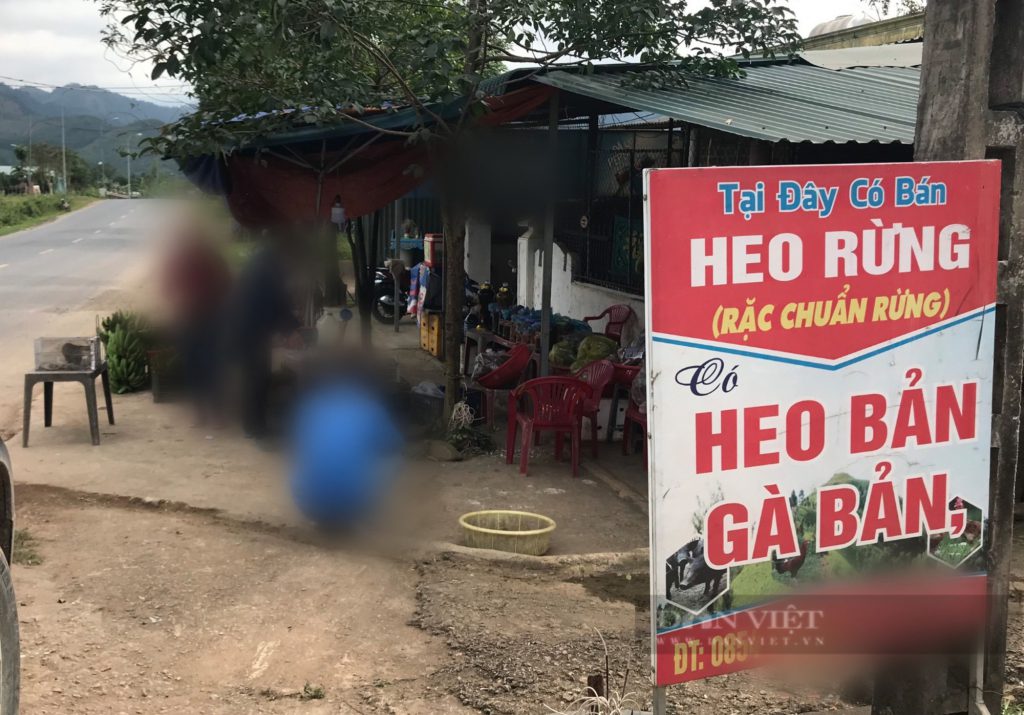
Former Director of the Criminal and Administrative Law Department (Ministry of Justice) spoke out
After reading the above series of articles by Dan Viet online newspaper, Ms. Nguyen Thi Kim Thoa, former director of the Criminal and Administrative Law Department, Ministry of Justice said: “There should be a Law on Wildlife Protection (separately), which will clarify issues such as how to manage and protect wild species, detailing to what extent the law should be applied. The law must clearly define in what season wildlife cannot be hunted or what kind of animals cannot be hunted. In the present, many things are still unclear.”
Ms. Thoa added: “Currently, there are some innovations in handling wildlife-related violations. For example, Decree 06/2019/ND-CP on the management of endangered, precious, and rare forest plants and animals and the Convention on International Trade in Endangered Species of Wild Fauna and Flora have been amended by Decree 82, which imposes much stricter sanctions.
Decree No. 35/2019/ND-CP stipulating penalties for administrative violations in the forestry sector is amended and supplemented with Decree 07/2022/ND-CP, which amends and supplements a number of articles of Decrees on sanctioning of administrative violations in the field of forestry, plant protection and quarantine, veterinary medicine, livestock… These amendments mean the scope of wildlife protection has expanded, covering normal forest animals. Therefore, all actions of hunting, slaughtering, and trading related to wildlife are all handled, with fines ranging from 1 million VND to 300 million VND depending on the behavior and severity.”
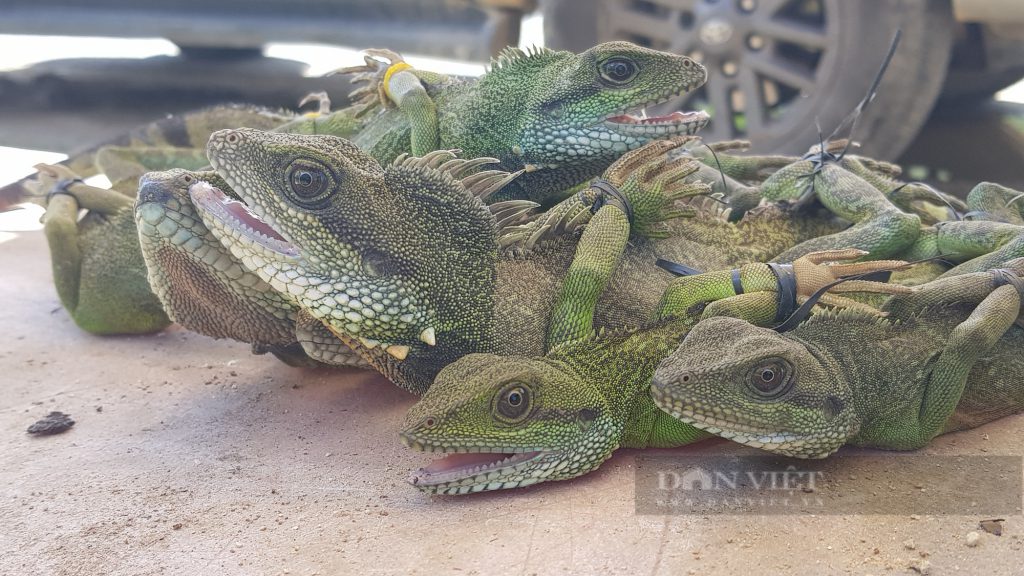
From the above legal bases, Ms. Thoa said: “There exist many regulations in place to fine and administratively handle the rampant wildlife trade on social networks, with the value of the fines reaching up to 300 million VND. As we all know, the common wildlife trade, in large quantity and value, can be severely criminalized, fined up to billions of dollars, not to mention cases that involve precious and rare animals, which are specially protected.”
“The Criminal Law has Article 234 that stipulates the crime of violating regulations on wildlife species prioritized for protection. Likewise, Article 244 stipulates the crime of violating regulations on the protection of endangered, precious and rare animals, but not the protection of all wildlife in general,” said Ms. Thoa.
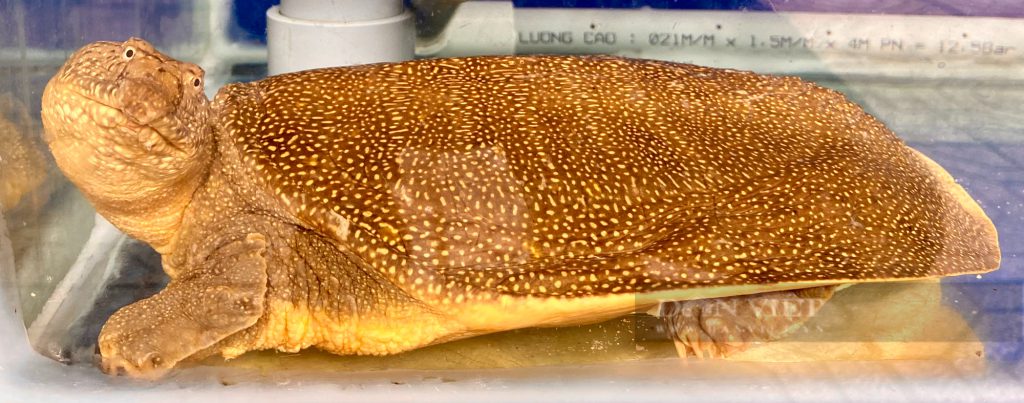
In addition, former Director, Department of Criminal – Administrative Law, Ministry of Justice said: “The law in our country is “empty” in this field. For example, in other countries, the Law on Protection of Resources details in which season seafood is hunted, which species are hunted, and specifies what kind of nets must be used while hunting. On that basis, they have a strict guideline to follow when handling violations.”
As for wildlife violations in our country, it is not clearly defined. The aquatic species are protected under the law to protect aquatic resources, while the species living in the forest are protected under the Forestry Law and administrative sanctions in the field of forestry. Many wild species such as migratory birds and other species which do not live in either the forest or under the water are not protected under any specific regulations…!”
Source: Dan Viet News


